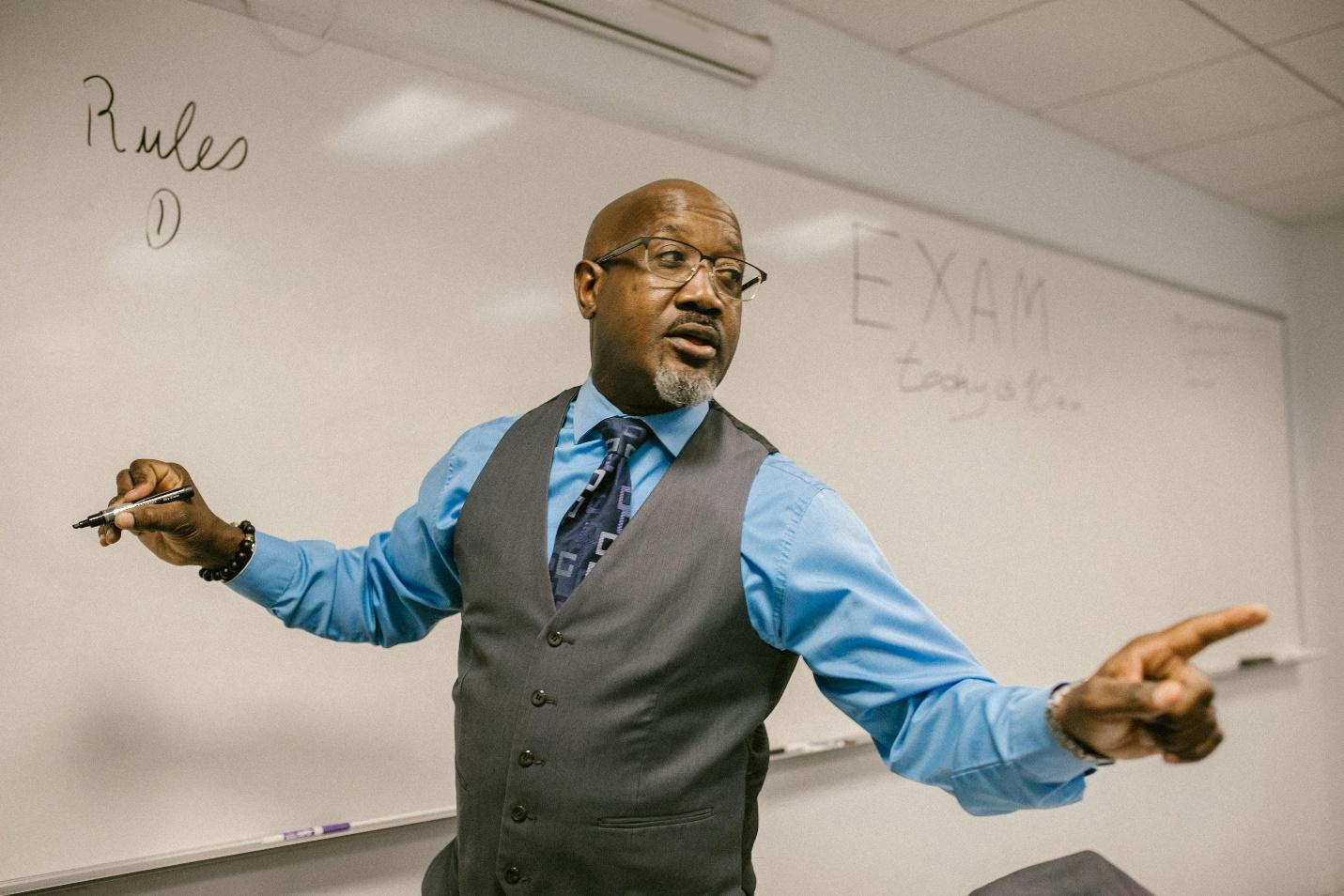Education serves as a transformative tool in society, shaping the perspectives and abilities of future generations. For those aiming to carve a significant role in this vital field, understanding the human elements that influence learning environments is crucial. A background in sociology provides future educators with deep insights into these elements, equipping them with the skills necessary to address and leverage diversity and dynamics within the classroom effectively. Moreover, this academic discipline enhances educators’ awareness of the societal and personal challenges their students face, enabling a more empathetic and holistic approach to teaching.
Understanding Diverse Student Backgrounds
One of the primary benefits of studying sociology is gaining a profound understanding of diverse student backgrounds. Sociology delves into the complexities of social constructs, cultural diversity, and economic disparities. This knowledge is invaluable for educators who must navigate the challenges presented by a classroom that reflects a microcosm of society. By understanding the various backgrounds and circumstances of their students, educators can tailor their teaching methods and interactions to meet the unique needs of each student. This not only helps in creating a supportive and inclusive learning environment but also enhances student engagement and academic success. Educators with a Bachelor of Science in Sociology are uniquely equipped to appreciate and adapt to the multifaceted backgrounds of their students, enhancing their ability to foster an inclusive and engaging classroom environment.
Enhancing Classroom Management
The insights gained from sociology are instrumental in enhancing classroom management skills. Effective classroom management goes beyond maintaining discipline and order; it involves creating a positive learning environment that encourages student participation and fosters mutual respect. Sociology provides educators with an understanding of group behavior and social dynamics, which are crucial in predicting and managing classroom interactions. Educators can apply sociological theories to develop strategies that promote positive behavior, reduce conflicts, and enhance student collaboration. This proactive approach to classroom management not only makes daily teaching more effective but also contributes to a more cohesive learning atmosphere.
Developing Curriculum with Social Relevance
A sociology degree arms educators with the ability to develop curricula that resonate with current societal issues. In today’s globalized world, education needs to be relevant and engaging to prepare students for real-world challenges. Sociologists study various facets of society and human interactions, making them uniquely positioned to integrate these elements into the curriculum. This integration makes learning more applicable and stimulating for students, prompting them to think critically about the world around them. By fostering this critical thinking, educators encourage students to become active participants in their learning process, preparing them for complex life and professional scenarios beyond the classroom.
Improving Communication Skills
Sociology studies various communication patterns and barriers, offering insights that are directly applicable in educational settings. Educators with a sociological background understand how to adjust their communication based on the cultural and social contexts of their students, ensuring clarity and effectiveness in their interactions. This skill is particularly vital when dealing with parents and guardians, as it facilitates a deeper understanding and better relationships, ultimately benefiting student development. Effective communication also supports better collaboration among faculty and staff, promoting a more harmonious work environment that is conducive to collective problem-solving and innovation in teaching methods.
Preparing for Leadership Roles
The study of social systems and organizational behavior provides a strong foundation for handling administrative and leadership responsibilities. Sociologists are trained to analyze and understand institutional dynamics, power relationships, and group behaviors, which are crucial for leading a team or managing an educational institution. This background allows educators to formulate policies and implement changes that promote a more effective and inclusive educational environment. The ability to lead with empathy and a deep understanding of social complexities also makes sociologically trained educators particularly effective in roles that require change management and strategic planning.
Cultural Sensitivity and Ethical Considerations
In a world increasingly interconnected and diverse, the ability to navigate and respect cultural differences is invaluable. Sociological education challenges individuals to consider multiple perspectives and the broader impacts of their actions, which is critical in shaping fair and equitable educational policies. This ethical lens ensures that educators not only teach academic content but also impart values of respect, tolerance, and justice to their students.
Conclusion
The benefits of studying sociology extend deeply into the educational field, offering future educators a varied toolkit for addressing the complex challenges of modern education. From enhanced communication skills to cultural sensitivity, a sociology background prepares educators not just to teach, but to lead, inspire, and adapt in an ever-changing world.
As educators step into classrooms equipped with these insights, they are better prepared to influence and mold future generations in meaningful ways. The study of sociology thus not only enriches the individual teacher’s experience but also enhances the educational journey of their students, making it a pivotal area of study for anyone serious about making a lasting impact in education.




